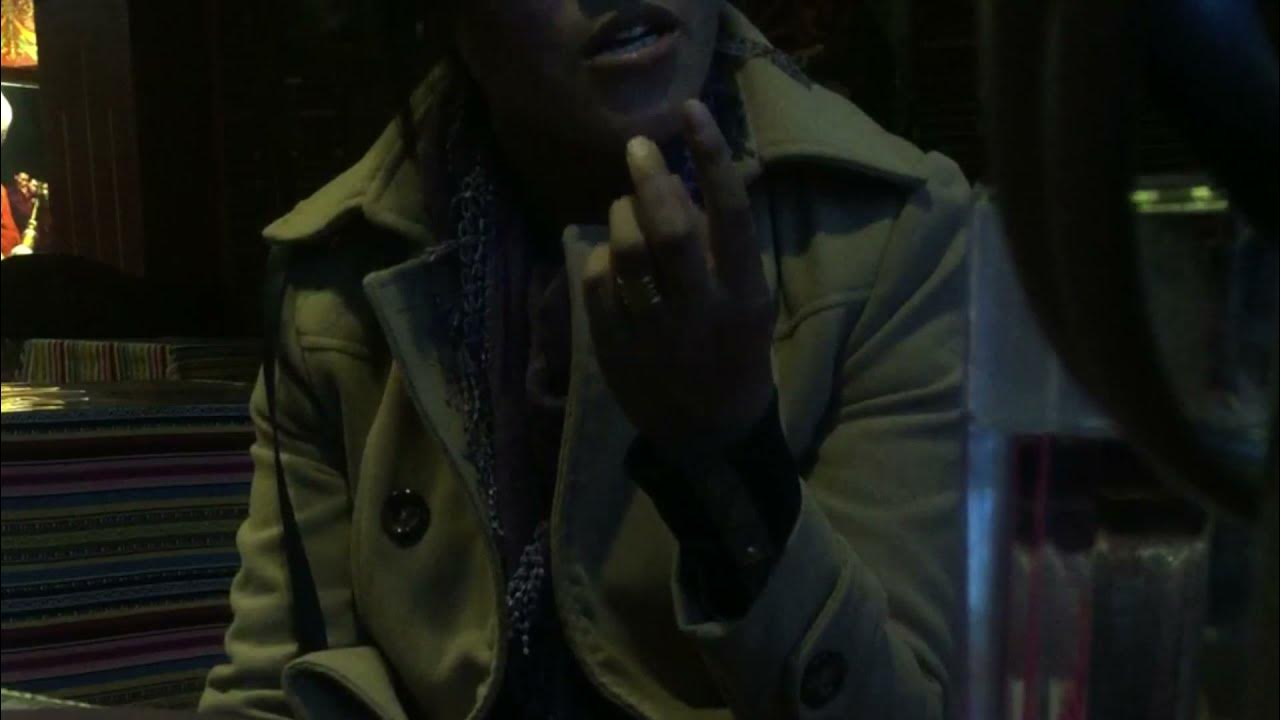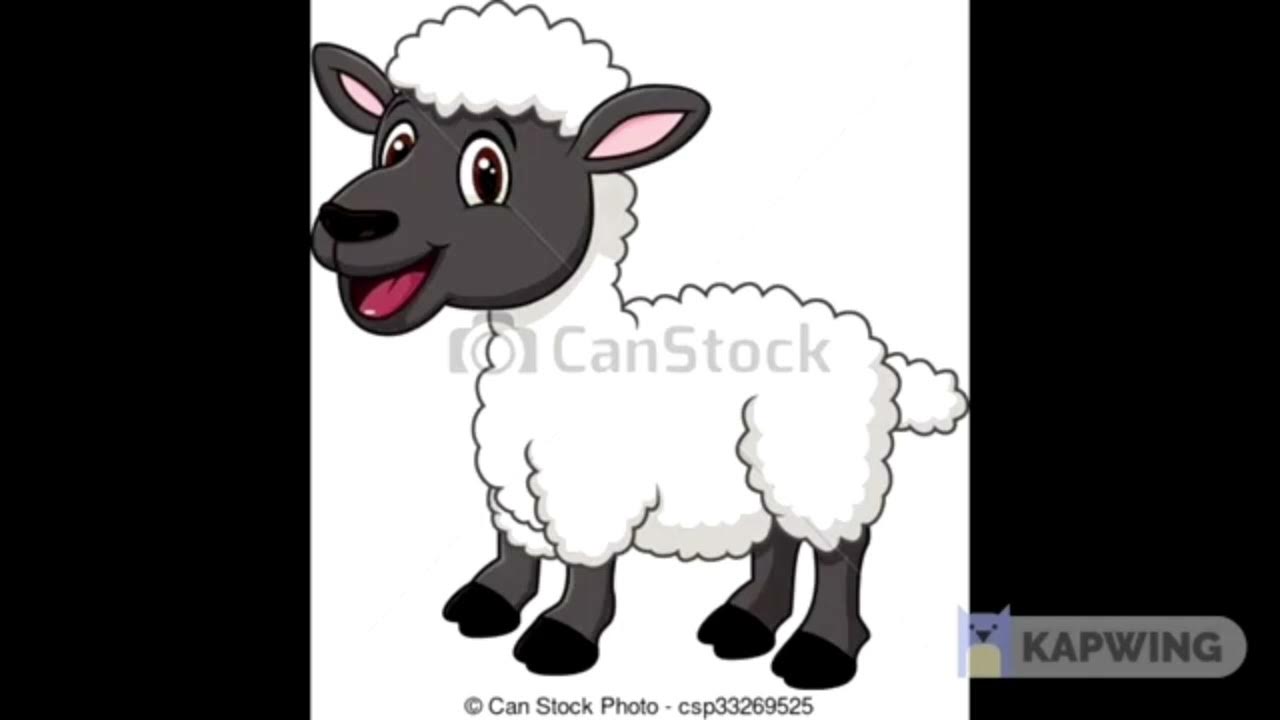Dove | #StopTheNameCalling
Summary
TLDRThe transcript delves into the emotional struggles of an individual who has faced constant ridicule from family and relatives based on their physical appearance, including their weight, skin color, and hair. The person reflects on the hurtful nicknames given to them, such as 'fatso,' 'curly menace,' and 'squid ink,' and the internal turmoil of wanting to fit in. They question societal expectations of beauty, skin color, and body type, expressing a deep longing to be recognized for who they truly are, not defined by appearance. Ultimately, they assert their identity and demand respect.
Takeaways
- 😀 The speaker has been hurt by family and relatives who give them derogatory nicknames based on their appearance.
- 😀 The speaker reflects on their desire to fit societal beauty standards, such as losing weight and having lighter skin, to meet others' expectations.
- 😀 The speaker expresses pain over being called names like 'fatso', 'curly menace', and 'squid ink' by their family.
- 😀 They question why their skin is a particular color and why they need to change to be accepted.
- 😀 The speaker desires to be recognized and loved for who they truly are, beyond their physical appearance.
- 😀 The speaker calls for an end to the teasing and name-calling that affects their self-esteem.
- 😀 The speaker’s identity is more than their physical attributes such as body shape, hair type, or skin color.
- 😀 There is a strong emotional impact on the speaker from constant teasing and body shaming from their family members.
- 😀 The speaker emphasizes that there is no need for everyone to look the same or meet identical standards of beauty.
- 😀 The final lines, listing multiple names (Justine, Gwyneth, Helena, etc.), represent the complex and diverse aspects of the speaker’s identity that go beyond labels.
Q & A
Why does the speaker mention being called 'fatso' by their family?
-The speaker refers to being called 'fatso' by their family to highlight the body shaming they experience based on their physical appearance.
What does being called a 'curly menace' represent in the context of the script?
-Being called a 'curly menace' reflects the teasing and ridicule the speaker faces due to their curly hair, which is used to negatively label them.
What is the significance of being called 'squid ink'?
-The nickname 'squid ink' signifies the speaker's darker skin tone, used by relatives to point out and mock their appearance in comparison to others.
What does the speaker try to do in response to the teasing?
-In an attempt to meet the expectations of others, the speaker tries losing weight and expresses a desire to have whiter skin to satisfy the criticism they face.
How does the speaker feel about the teasing and name-calling?
-The speaker feels hurt by the teasing and name-calling, expressing frustration with being judged based on their appearance instead of being treated with respect.
What is the speaker's reaction to being questioned about their appearance?
-The speaker is deeply introspective and questions why they are different, asking themselves why their skin color and body type are the way they are, indicating internal conflict and self-doubt.
What do the questions 'Do we all need to have the same skin color?' and 'Does everyone need to be thin?' suggest about the speaker's mindset?
-These questions show that the speaker is challenging societal standards and expectations, questioning the need for conformity when it comes to appearance and body image.
How does the speaker define themselves beyond their physical traits?
-The speaker emphasizes that they are 'more than their hair,' underscoring that their identity should not be reduced to physical features like skin color or body type.
What message does the speaker convey when they say, 'Stop the name-calling'?
-The speaker is calling for an end to the derogatory teasing, demanding respect for their true identity and asking others to stop focusing on hurtful labels.
Why does the speaker conclude with a list of names ('I’m Justine, I’m Gwyneth, I’m Helena, I’m Amarice, I’m Ayessa')?
-The list of names serves to assert the speaker’s identity and individuality, countering the hurtful labels they've been given and emphasizing that they are more than the derogatory terms used against them.
Outlines

This section is available to paid users only. Please upgrade to access this part.
Upgrade NowMindmap

This section is available to paid users only. Please upgrade to access this part.
Upgrade NowKeywords

This section is available to paid users only. Please upgrade to access this part.
Upgrade NowHighlights

This section is available to paid users only. Please upgrade to access this part.
Upgrade NowTranscripts

This section is available to paid users only. Please upgrade to access this part.
Upgrade NowBrowse More Related Video

How to become more beautiful

Following Christ in Tibet

Bholi Class 10 | Bholi Class 10 English in Hindi ( Animation )

Best HAIR COLOUR For Your Face (it's more than just SKIN TONE) Facial Features & Structure, Style

Man into Sheep Transformation Audio

Intake and Assessment Role-Play Part 2 - Family Relationships
5.0 / 5 (0 votes)